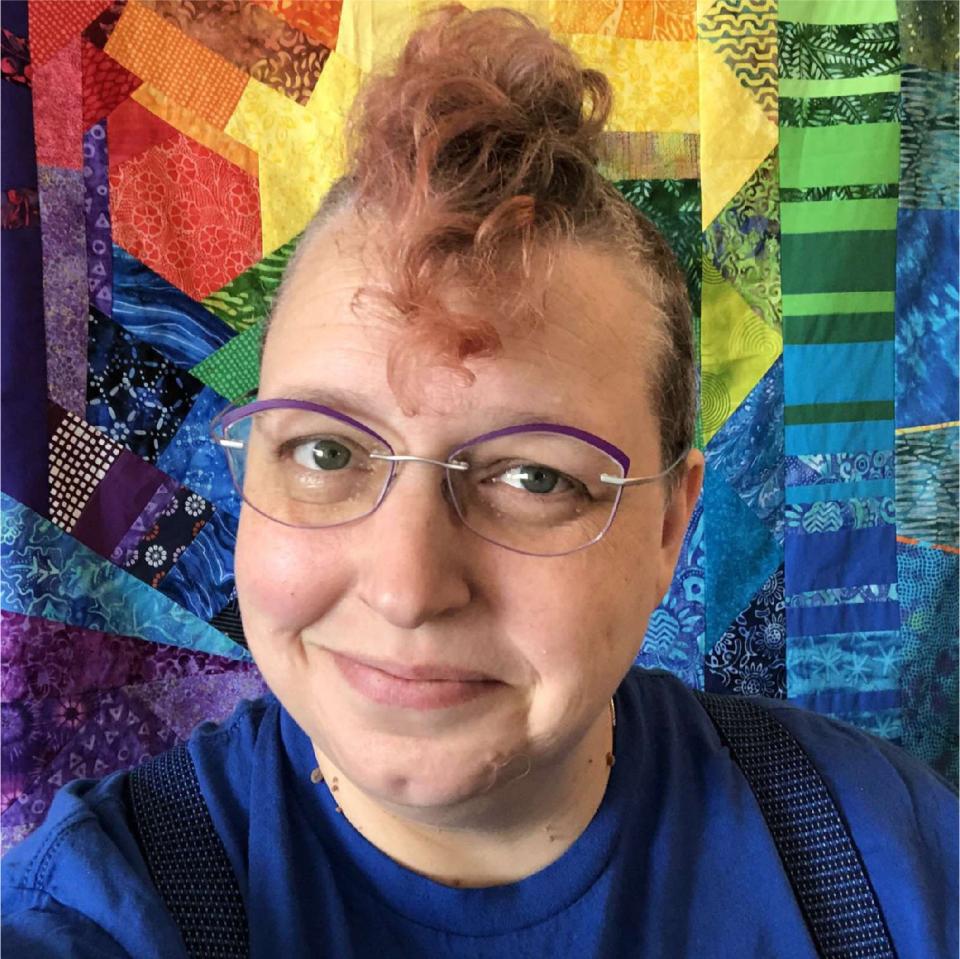A primary purpose of documentation, user support, and training is to communicate information that user can use to solve a problem they are having. But a more fundamental purpose is to build a positive relationship with that user so that they will continue to use our product and turn to us and our documentation into the future. While it is impossible to build a good relationship without also communicating accurate and useful information, it is very possible to communicate accurate and useful information in a way that alienates, creates user distrust and apathy, and makes it likely that users will look elsewhere for the support and information they need, if not the tool they want to use. Over 15 years of delivering tech training at BCIT, I’ve learned about the factors and structural barriers that prevent even the most well-constructed training program from working to create perfectly skilled and confident tech users every single time. They are many: users are busy, don’t get to practice their skills often enough, and fundamentally, simply forget things over time. These barriers also apply to technical documentation to an even greater degree. Our users visit our documentation in moments of stress and to solve a problem. They’re not necessarily there to become a super-user who will never need our documentation, support, or training ever again. Fortunately, we are much less limited in our ability to build a positive and productive relationship with our users than we are in our ability to craft them into super-users. We just need to always be thinking about how we can make the process of interacting with us and using our documentation “feel good”.
This talk offers strategies for building relationships with users through the documentation that you write, for pushing users to the documentation in a way that works and empowers them, and for making them feel good about having had to ask for help.
Speaker

Kenzie Woodbridge
Senior Systems Analyst | British Columbia Institute of Technology
Kenzie works at the British Columbia Institute of Technology, as a Senior Systems Analyst, Web Developer, Knowledge Strategist, and Community Manager. Kenzie has a passion for communication, continuous iterative improvement, and for systemic solutions to systemic problems. Kenzie has previously spoken at previous BCNETs, and many other conferences worldwide. Kenzie is awesome and you totally want to be their friend (offer of friendship void where local laws do not permit, not guaranteed in all circumstances, skill-testing questions required).